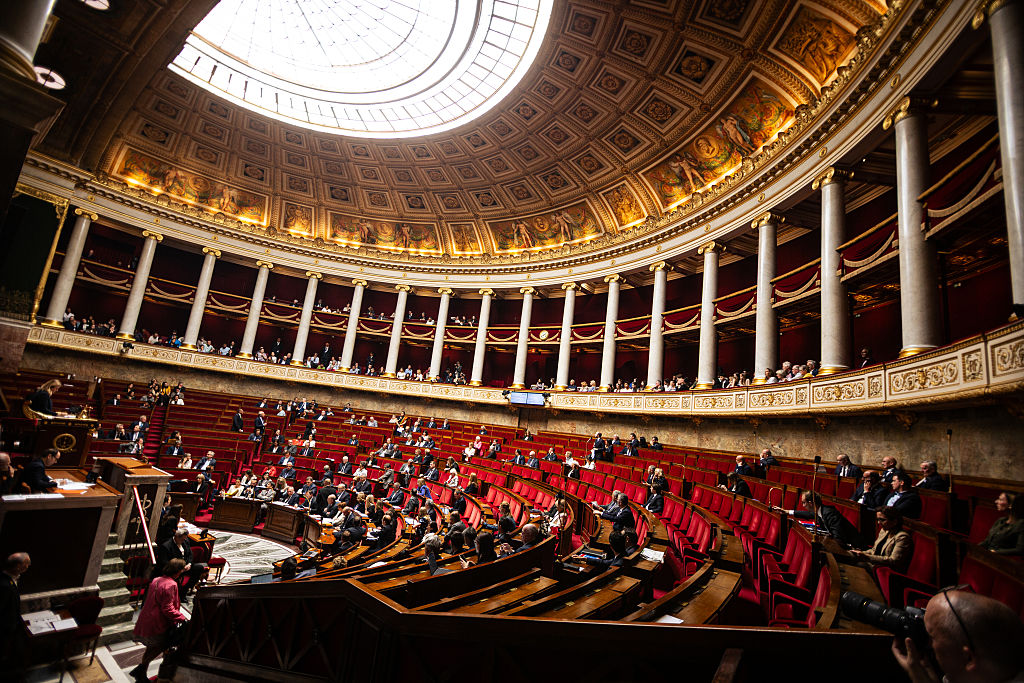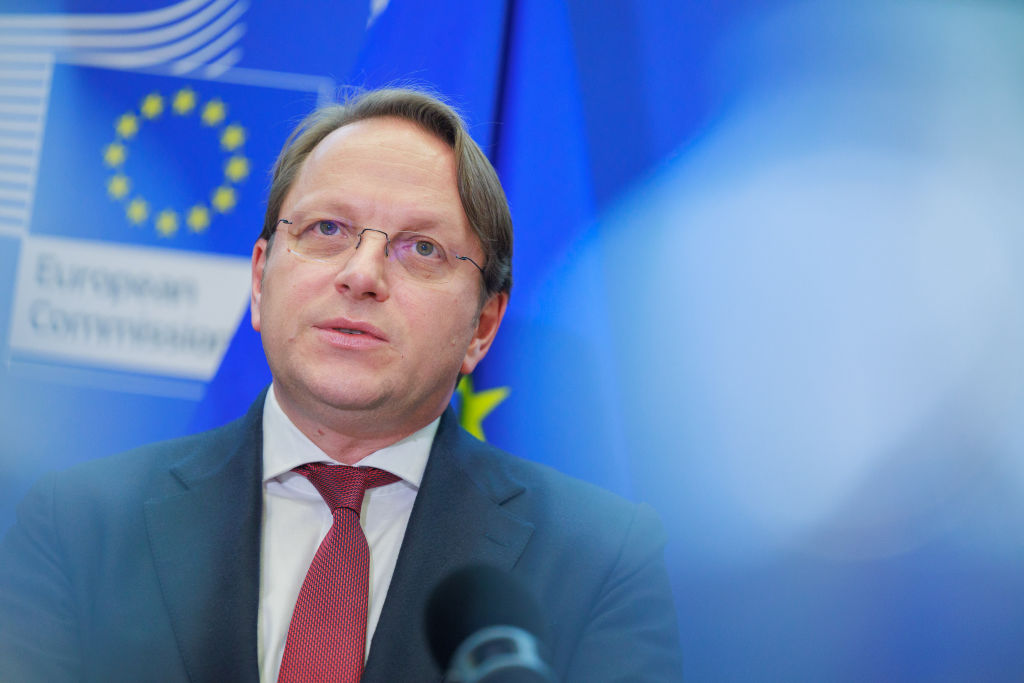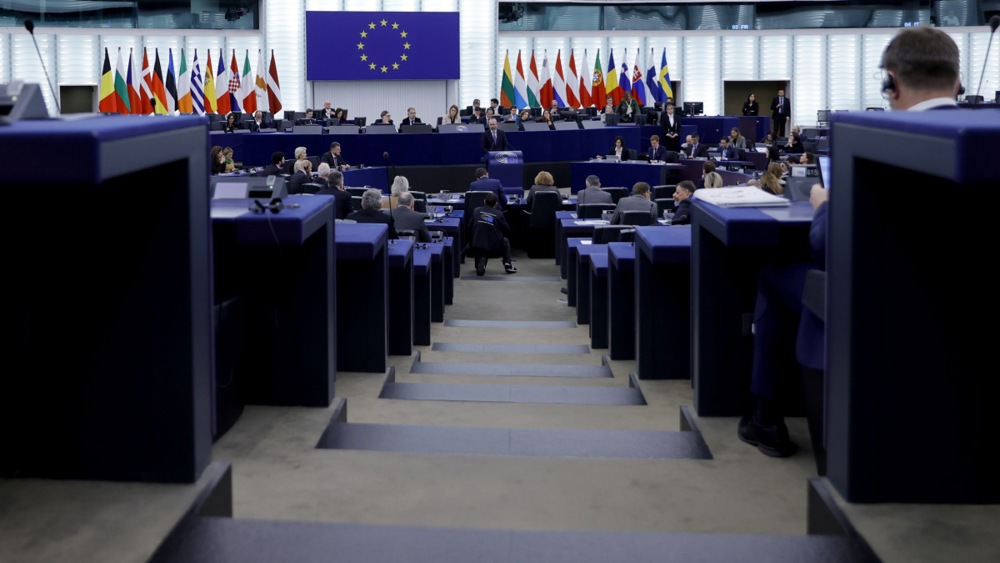France targets non-EU lobbyists in new foreign interference crackdown
Anyone lobbying or conducting political influence work on behalf of a third country will be required to register with French lobbyists watchdog

France will set up a new public transparency registry of foreign influence activities next year, as part of broader efforts to curb external interference.
Under a new decree, anyone lobbying or carrying out political influence work in France “under the direction or control” of a non-EU country will be required to sign up with France’s lobbyists watchdog, the High Authority for Transparency in Public Life (HATVP).
The entries, which will be made public in a searchable digital directory, are set to become fully operational by 2026, according to Le Monde. Failing or refusing to register properly can lead to financial penalties, and potential court action if the misconduct is sustained.
Paris is promoting the plan as part of its strategy to tackle foreign interference, which comes amid growing European unease over disinformation campaigns, covert lobbying, and attempts by hostile actors to sway public debate.
France drew explicit inspiration from the US Foreign Agents Registration Act (FARA), first enacted in 1938 to counter Nazi propaganda.
Elsewhere across Europe, Hungary was the first EU country to pass its own version in 2023, sparking warnings from Brussels that Budapest was weaponising transparency rules against critics. Similar laws in Russia and Georgia have also repeatedly raised controversy after ‘foreign agent’ labels have been used to clamp down on NGOs and media.
EU ‘considers all options’ as Georgia’s parliament votes through controversial ‘foreign agent’ law
Georgia’s parliament on Tuesday (28 May) overruled a presidential veto and adopted its controversial ‘foreign…
3 minutes

In Brussels, Commission President Ursula von der Leyen’s presented a directive on transparency for activities carried out on behalf of third countries. The file has been in the pipeline since 2023 and is currently stuck in negotiations between Parliament and Council.
MEPs on the internal market committee are due to vote on the Parliament’s position on the EU-wide law on 16 October, followed by a plenary vote in late November, a parliamentary source told Euractiv. EU countries, meanwhile, have yet to carve out their position, with the file still at the Council’s working group level, a Council source said.
Denmark, which currently holds the Council’s rotating presidency, aims to finalise the Council’s position on the directive before the end of the year, an EU diplomat told Euractiv.
Should the member states and Parliament ultimately agree on a version of the proposal, EU countries would typically have two years to implement laws that comply with the directive.
In Brussels, lobbyists are nervous that an EU-wide law might go too far. Emma Brown, president of the Society of European Affairs Professionals, says that her organisation “cautions against framing all non-EU involvement as potentially problematic.”
“The focus should be on disclosure, not on discouraging legitimate international exchange, which is a normal part of EU policymaking,” she told Euractiv.
Elisa Braun contributed to this report.
(mm)
CORRECTION: This article has been amended to reflect that the Commission’s directive mentioned is not part of the upcoming “European Democracy Shield” package. It has also been updated to include further information on the plans of the Danish presidency.









